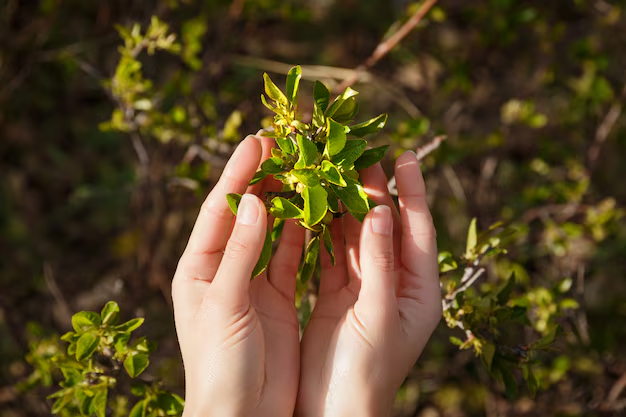How to Become a Certified Herbalist: Essential Degrees and Certifications
Embarking on a career as a certified herbalist involves a blend of enthusiasm for natural health and a dedication to gaining the right educational background. While no strict formal degree is mandated to practice herbalism, pursuing a structured educational path can greatly enhance credibility and expertise. Many aspiring herbalists opt for degrees in fields such as botany, biology, or alternative medicine. These programs provide a solid scientific foundation necessary to understand the complex properties of herbs and their interactions with human health. Additionally, enrolling in specialized herbalism certification programs offered by recognized institutions can be a significant step toward professional credibility. These programs typically cover herbal identification, preparation, and clinical applications, ensuring practitioners are well-equipped to offer informed advice and treatments.
A professional certification from a reputable organization such as the American Herbalists Guild (AHG) can further validate one’s expertise. This credential not only highlights adherence to professional standards but also allows for networking within the herbalist community. Although licensure requirements vary by region, staying informed about local regulations and considering voluntary certifications can set a practitioner apart in this growing field. The journey to becoming a certified herbalist is enriched by a commitment to continuous learning and formal training—essential components to thriving in this rewarding profession.
Recommended Educational and Certification Pathways
-
📚 Bachelor's Degree in Botany or Biology
Gain a foundational understanding of plant sciences. -
🌿 Herbalism Certificate Course
Offered by specialized institutions for in-depth learning. -
🎓 Alternative Medicine Degree
Integrates herbal studies with other holistic practices. -
✅ Certification from American Herbalists Guild (AHG)
A mark of professional quality and community integration.
By focusing on these educational avenues, aspiring herbalists can ensure they are ready to offer knowledgeable and effective services in the field of natural health care.
